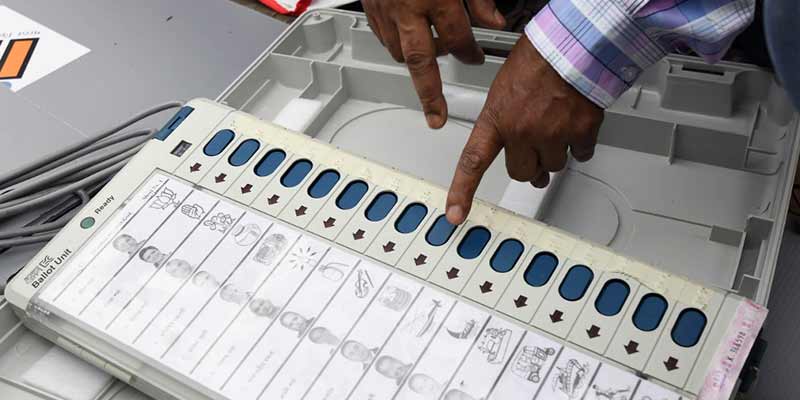On Thursday, the Union Cabinet has passed the “One Nation, One Election” Bill. According to sources, the legislation is expected to be tabled during this winter session of Parliament. The bill will be referred to the Joint Parliamentary Committee (JPC).
The bill to allow simultaneous Lok Sabha polls and state assembly elections is high on the government’s agenda.

In September, the Union Cabinet approved the proposal in the report presented by a powerful committee led by former President Ram Nath Kovind.
Prime Minister Narendra Modi had hailed the proposal saying, “The Cabinet has accepted the recommendations of the High-Level Committee on Simultaneous Elections.”
PM Modi posted on X, “I complement our former President, Shri Ram Nath Kovind Ji, for spearheading this effort and consulting a wide range of stakeholders. This is an important step towards making our democracy even more vibrant and participative”.
The high-powered panel suggested that the first step be simultaneous elections for the state assemblies and the Lok Sabha, with synchronized local body elections to follow within 100 days.
Kovind called for consensus on ‘One Nation, One Election’
On Wednesday, former Indian President Ram Nath Kovind stated that the ‘One Nation, One Election’ concept should be the focus of a central agreement.
Kovind said, “The Central government will have to build consensus. This issue is not in the interest of any party but the nation. It (One Nation, One Election) will be a game-changer–it’s not my opinion but that of economists, who believe that after its implementation, the country’s GDP will rise by 1-1.5 percent”.
On Wednesday, Union Agriculture Minister Shivraj Singh Chouhan also expressed support for having the Lok Sabha and state legislatures polls at the same time, claiming that holding too many elections wastes a lot of time and money.
The minister was quoted by ANI as saying, “I am an agriculture minister, but during the elections, I spent three months campaigning. It wastes the time of the Prime Minister, Chief Ministers, Ministers, MPs, MLAs, officers, and employees. All development work comes to a standstill. Then, new announcements have to be made”.